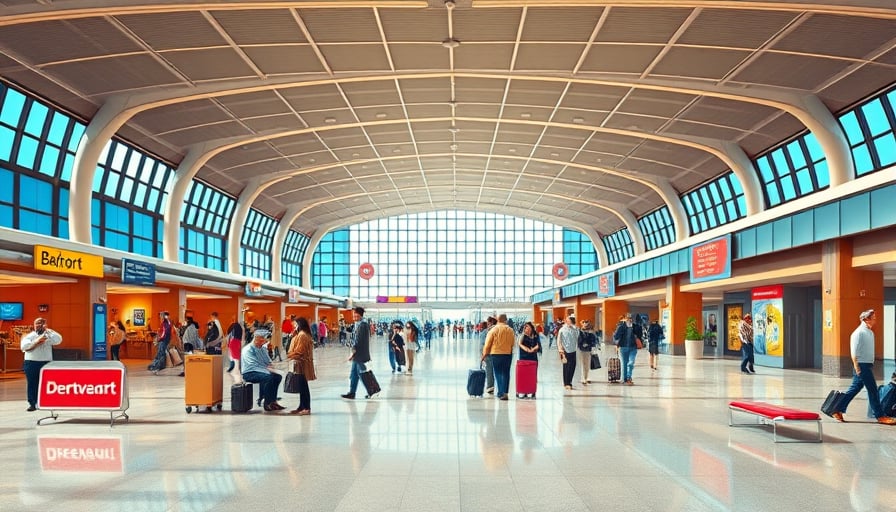Deutsche Lufthansa AG confronts a sharp contraction in its domestic network
Deutsche Lufthansa AG is poised to trim its domestic flight schedule by up to 100 routes per week, a move that underscores the mounting fiscal pressure from Germany’s elevated aviation taxes and airport levies. The announcement, made by CEO Carsten Spohr in a recent interview with the Welt am Sonntag, signals a strategic recalibration aimed at preserving the company’s profitability amid an environment of escalating costs and competitive pressure from low‑cost carriers.
Fiscal backdrop and operational implications
Germany’s aviation tax has been increased as part of a broader policy agenda to reduce carbon emissions and generate additional public revenue. The tax, coupled with high airport fees, has eroded the margins of traditional full‑service airlines, forcing Lufthansa to reassess the viability of its domestic network. The company’s decision to consider cutting 100 domestic routes each week is a direct response to this fiscal squeeze, and it reflects an effort to streamline operations and focus on high‑yield routes and inter‑modal connections.
The proposed cuts will likely affect the airline’s short‑haul hub system, which has historically relied on a dense network of flights between major German cities. By eliminating under‑performing routes, Lufthansa intends to consolidate capacity, reduce operational complexity, and free up resources for fleet renewal and the expansion of its long‑haul and cargo segments. The company’s robust 52‑week high of €8.386 and its market capitalization of €9.03 billion demonstrate its resilience, but the current price‑to‑earnings ratio of 5.098 signals a valuation that is sensitive to margin compression.
Complementary initiatives and strategic context
While the domestic cuts signal a contraction, Lufthansa is simultaneously advancing several complementary initiatives that reinforce its long‑term competitiveness:
Rail‑to‑Fly and Express Rail: The airline’s “Express Rail” tickets have seen a significant uptick in demand, offering passengers seamless connectivity from the train station to the aircraft. This integration of rail and air transport enhances customer convenience and reduces the airline’s reliance on short‑haul flights.
Technological and maintenance partnerships: Lufthansa Technik’s extension of a seven‑year maintenance contract with EasyJet at the MRO Europe trade show demonstrates the company’s commitment to operational efficiency and cross‑partner synergies.
Fleet and cargo expansion: Lufthansa’s continued focus on cargo operations and the expansion of its long‑haul fleet are expected to offset revenue losses from domestic route reductions, ensuring a balanced portfolio across passenger and freight services.
Market reaction and forward outlook
The market has responded with cautious optimism. Lufthansa’s share price, which closed at €7.362 on 15 October 2025, remains comfortably above its 52‑week low of €5.524. Investors recognize the airline’s strategic shift toward more profitable segments while acknowledging the short‑term volatility associated with network rationalisation.
In the near term, the company will monitor the political landscape, particularly the calls from government coordinators such as Christoph Ploß for a reduction in the aviation tax. A timely policy adjustment could mitigate the impact of the planned route cuts and enhance the airline’s competitiveness against regional low‑cost operators.
In summary, Deutsche Lufthansa AG’s decision to slash up to 100 domestic flights weekly represents a calculated response to fiscal pressures while positioning the company to focus on higher‑margin operations. The integration of rail connectivity, maintenance partnerships, and a balanced passenger–cargo mix will be pivotal in sustaining Lufthansa’s market leadership in the face of an evolving regulatory and competitive environment.
